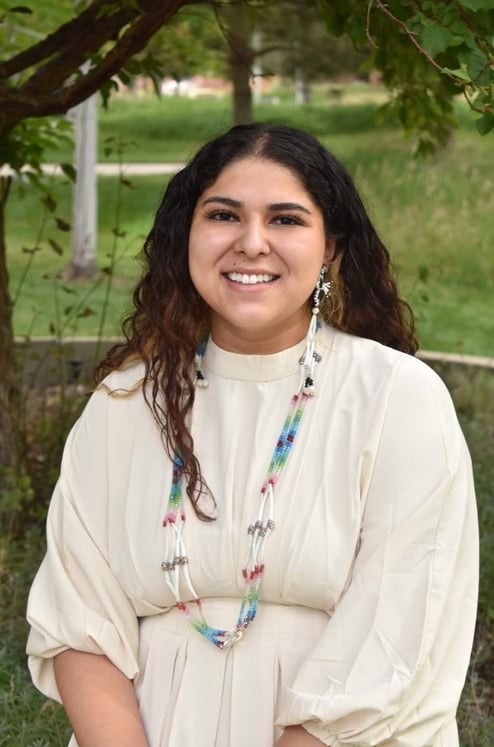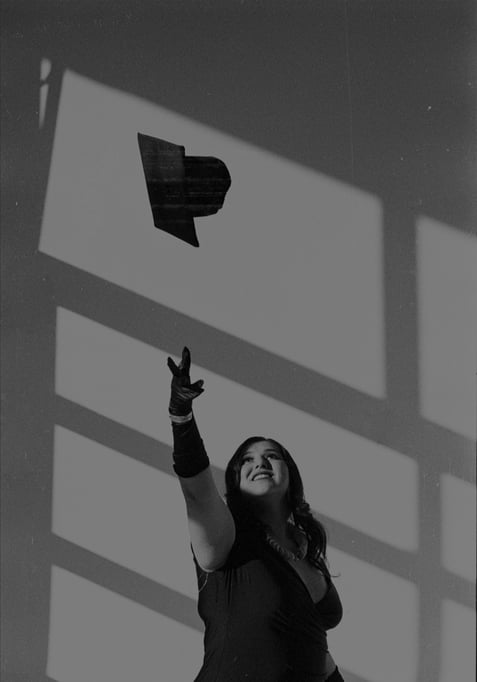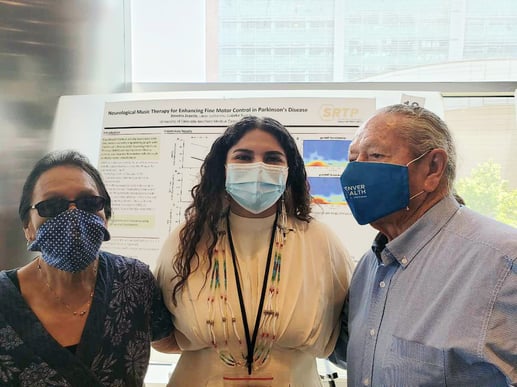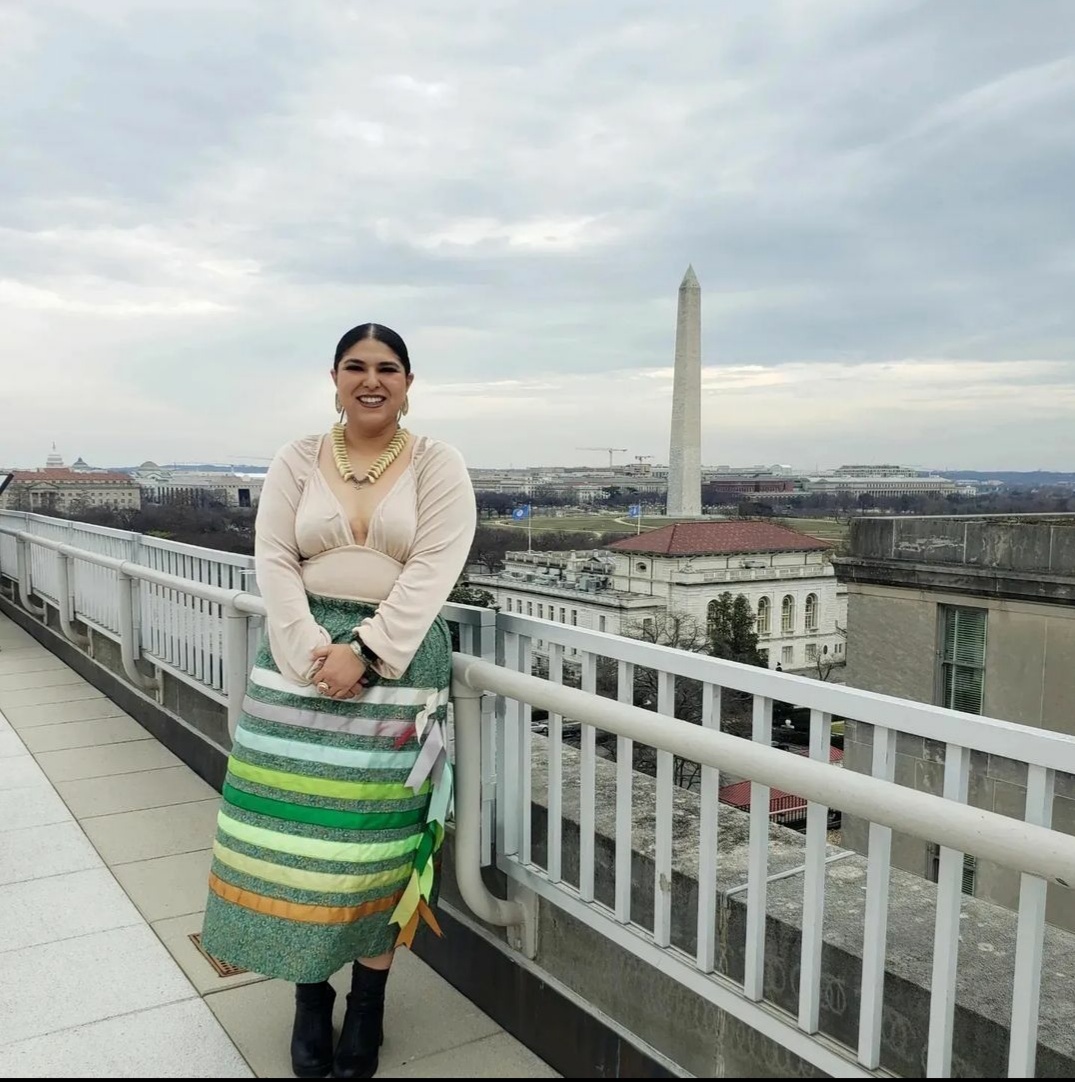DSST Alumna Zenetta Zepeda reflects on honoring Indigenous culture, shaping a future through education and advocacy
Zenetta Zepeda graduated from DSST: Montview in 2016.
She will be graduating in December 2023 with her Bachelor of Science in Biology with a minor in Behavioral & Cognitive Neuroscience and certification in American Indian Studies and Environmental Stewardship of Indigenous Lands.
We spoke with her about what it means to honor Indigenous people and the Indigenous culture.

Why is honoring your culture important to you?
Honoring my indigenous heritage is the resilience that was given to me by my ancestors. All the indigenous people who stand today are the answer to their ancestors' prayers, and it is our duty to honor them and ourselves.
How can others best honor and respect your culture?
Ask questions with intention! It is important as a society that we learn about each other's walks of life and journeys that made them become who they are.
What impact does your culture have on your life?
My culture is my way of life. More recently, I try to live by a philosophy in indigenous culture of remembering the seven generations before you and creating a world for the seven generations after you. This philosophy allows us to honor the sacrifices, practices, and history that were before us, and creates accountability to continue our way of life and create meaning in our actions for the world our descendants will live in.

Can you share your favorite tradition and what it means to you?
For most of my life, I would have said dancing jingle, a type of traditional dance of healing in powwow culture, but now my favorite tradition is learning to make frybread from my grandmother. For a long time, I took for granted the moments of tradition that played a part in my everyday life, but those are a part of the moments I want to carry into my future.
What did it look like to be Indigenous at DSST, and how has that carried on or changed outside of DSST?
In all honesty, it was about educating others that my people are still here without living into the resilience stereotype that is often thought of when it comes to indigenous people. I went to school at a time when the curriculum wasn't catered to an accurate representation of Indigenous people as a whole. I was often an advocate for all indigenous people when I could only represent Great Plains indigenous people. This has made me more self-aware of the responsibilities I have as an educated Indigenous woman who walks in today's society, especially being an advocate for younger people of color. Today, this is reflected in my research with other young adults of color (also viewed as opportunity youth) across the nation on understanding what well-being means in Black expression, Latinx, American Indian and Alaska Native communities — our research groups named and self-identified by those who were in the groups. Our research works to challenge the norms in academia as they stand now and take back power in our own narratives.

